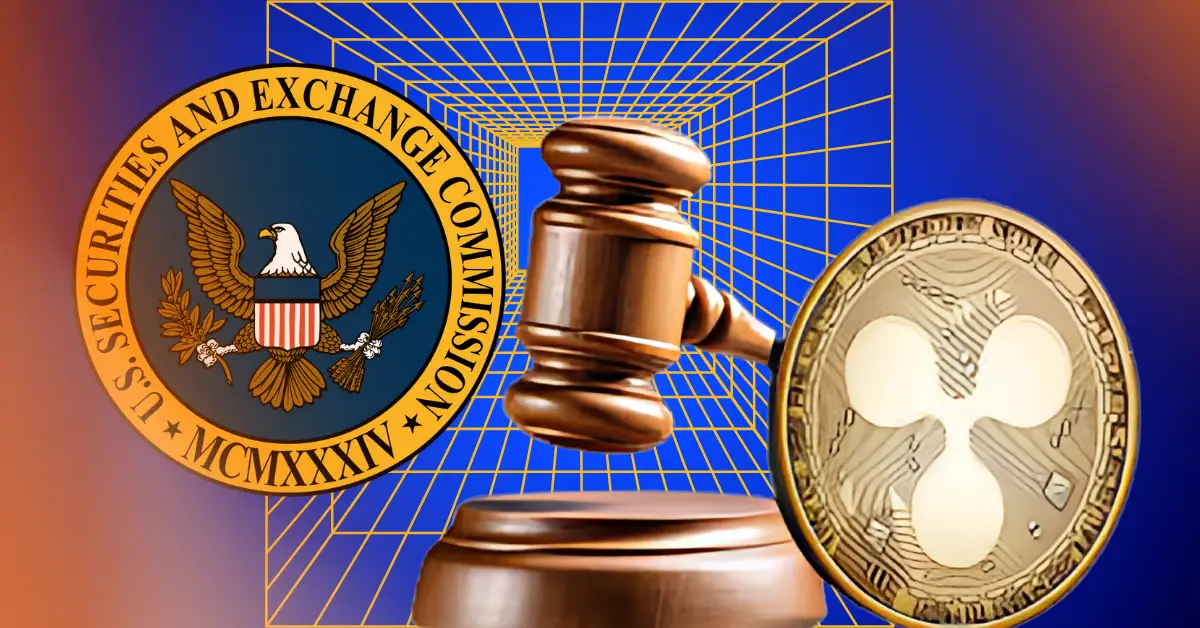Ripple’s ongoing legal battle with the U.S. Securities and Exchange Commission (SEC) took a new twist after a federal court rejected the company’s request to ease penalties.
Judge Analisa Torres denied Ripple’s motion to vacate the current injunction and reduce the fine to $50 million. This decision has reignited speculation about the future of Ripple’s massive XRP escrow holdings.
According to Brad Kimes, founder of XRPLasVegas, the U.S. government could step in and take over Ripple’s escrowed XRP assets. His statement followed the court’s ruling, which keeps Ripple under legal pressure and raises questions about control over the locked tokens.
At present, Ripple is estimated to have approximately 37 billion XRP in escrow, which was established in 2017 to provide a steady release. According to the automated rules that operate under the XRP Ledger, one billion tokens become available monthly, and an unused quantity is sent back to escrow.
Also Read: GOR Token Surges in Solana Rankings as Traders Eye Major Bullish Breakout
Although Ripple does not have direct access to these funds, it is still unclear whether such absence can be defined as a complete loss of control. Daniel Keller, the Chief Technology Officer of Eminence, believes that Ripple continues to enjoy the benefits of the issued tokens, and the ultimate beneficiary is Ripple.
Did Judge Torres just set up the United States Govt as the buyer of the XRP escrow by denying Ripple the indicative ruling?
Goodbye XRP escrow. Hello US Digital Asset Stockpile? https://t.co/xiu0iddny9
— Digital Perspectives (@DigPerspectives) June 26, 2025
His point argued that placing possessions in escrow does not get rid of ownership and responsibility.
On the other hand, XRPL developer Mayukha Vadari emphasized that Ripple cannot spend or access the funds until the protocol’s conditions are met. He noted that the system functions independently, making Ripple’s role more limited from a technical standpoint.
Experts Discuss Government Power Over Ripple’s Escrow Accounts
Amid growing debate, Vet, a known XRPL validator, proposed that the U.S. government could assume control over Ripple’s escrow by reassigning the account’s regular key to a federal address.
He stated that the process would be simple to execute and would transfer full authority over the locked funds to the government.
Kimes also added that it is possible that the move is subject to national interest, as digital assets become the subject of interest regarding financial policy. He feels that the government can classify XRP in escrow as a strategic asset and use it to promote digital currency at the national level.
With the legal issue still in question, the concept of Ripple executing a federal takeover of the escrow is becoming more popular among the XRP community. The court’s latest decision has only fueled these conversations, adding new pressure on Ripple while opening the door to potential government involvement in its token management.
Ripple’s legal challenges are deepening, and its XRP escrow has become a focal point in the broader regulatory landscape. As speculation mount, the coming weeks could prove pivotal for both Ripple and the future of XRP.
Also Read: Bitwise Moves Closer to Dogecoin ETF Approval After Major SEC Filing Shift
